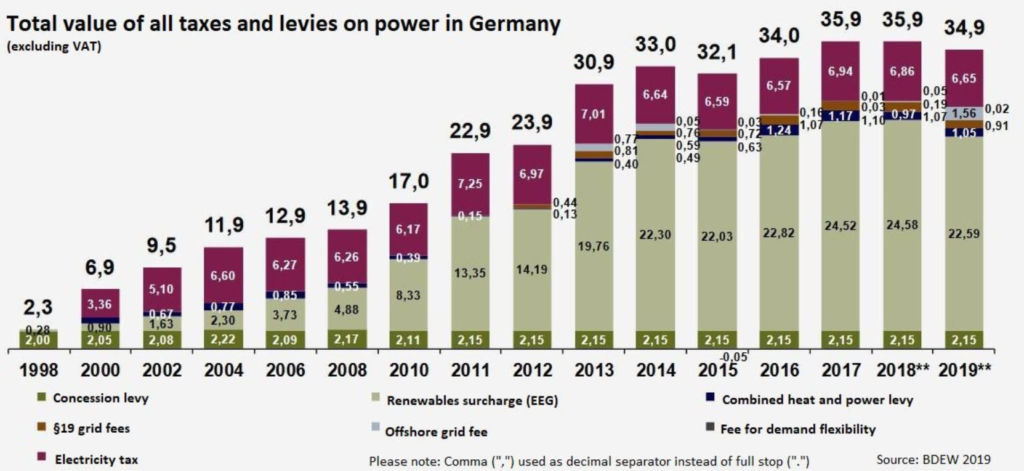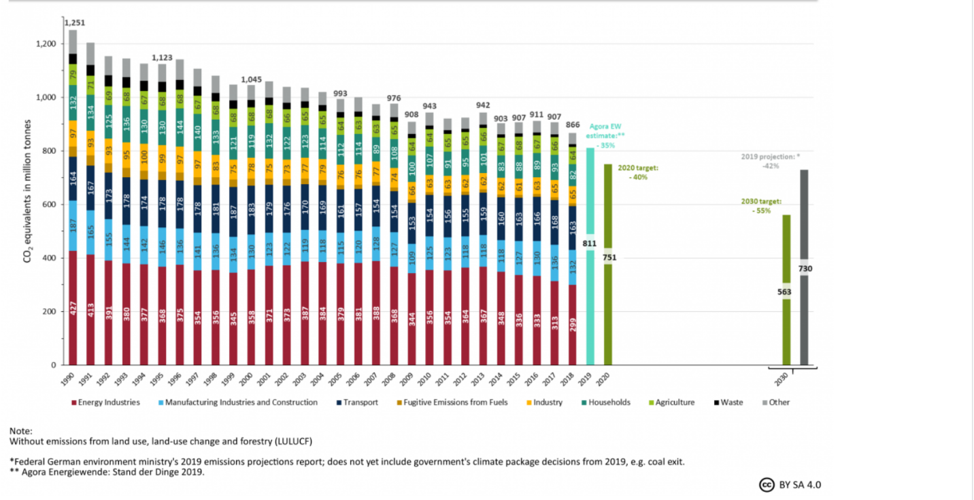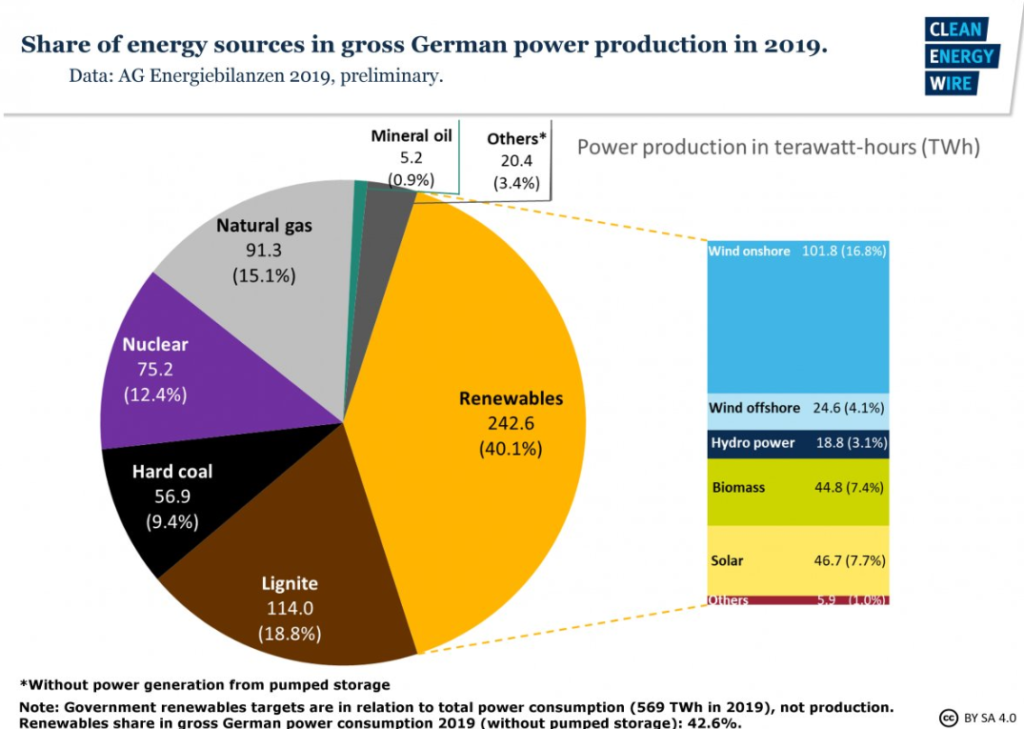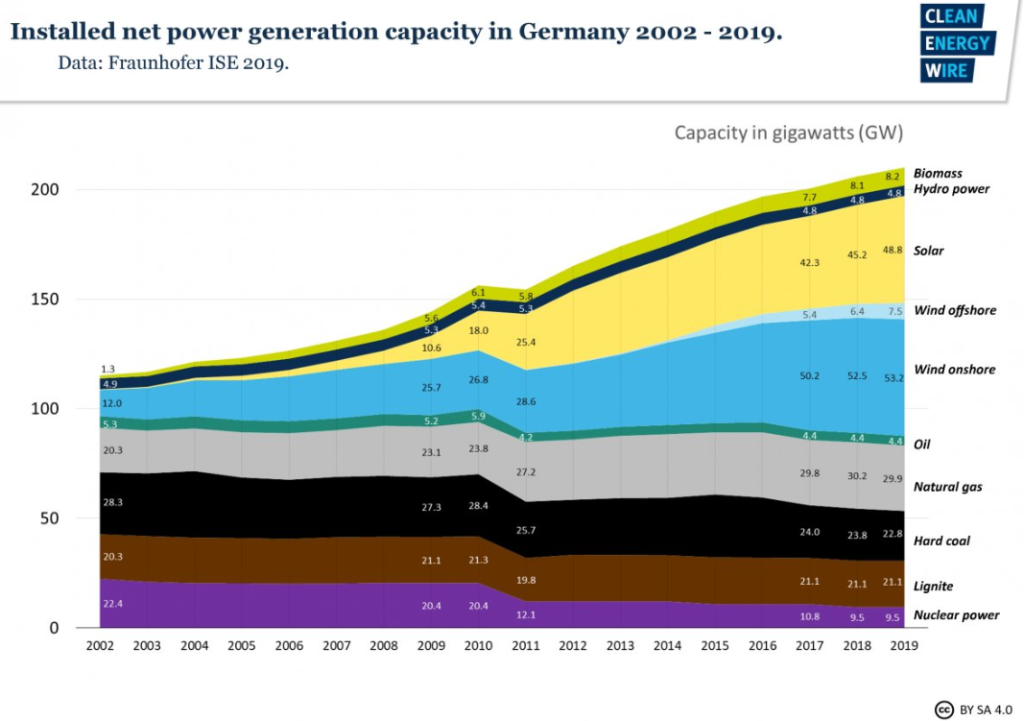German Electricity Prices Have Increased 2.5 Times Since 2008
Every year for the last several years, Minnesota lawmakers have piled onto a plane to visit Germany, which is supposedly a renewable energy utopia. It is amazing that so many taxpayer dollars can be used to learn so little, because Germany is a prime example of what not to do.
I’ve written about this topic many times, but the myth that Germany’s energy system is a success story never seems to go away. Over the last 12 years, Germany has spent hundreds of billions of Euro on wind and solar, and the only thing they have to show for it is higher electricity prices.
In fact, electricity prices in Germany are now 2.5 times higher than they were in 2008, and the vast majority of this increase is due to the renewable energy surcharge. While I disagree with the surcharge, I admire its transparency. If Minnesotan lawmakers want to take something away from their Germany trips, it should be clearly displaying the high cost of renewables on the electric bill of every Minnesota household and business.

Despite skyrocketing costs, they have achieved almost no reduction in carbon dioxide emissions during this time. Even if you look at emissions from the electric power sector since 2008, they have only declined by about 24 percent. Furthermore, emissions could go up in the near future, too, because Germany is closing down their nuclear power plants in favor of a combination of wind, solar, coal, and natural gas.

This means 12.4 percent of Germany’s current carbon-free fleet will end up emitting some degree of carbon dioxide emissions. Ironically, Germany plans to close it’s last nuclear plant by 2022, and exit coal by 2038.

It is also worth noting that wind and solar are also pretty unproductive in Germany. For example, solar accounts for 23 percent of installed generating capacity, but only 8 percent of generation. Onshore wind accounts for 25 percent of capacity but just 16.8 percent of generation. Unlike the Field of Dreams, building wind turbines and solar panels doesn’t necessarily mean the electricity will come.

Politicians like Governor Walz like to pretend they are showing leadership by proposing legislation to mandate the use of more wind or solar, but in reality, they aren’t leading at all. They are following in the failed footsteps of the German energy experiment that has failed to make much difference in terms of emissions, but has greatly increased the cost of living for German families.